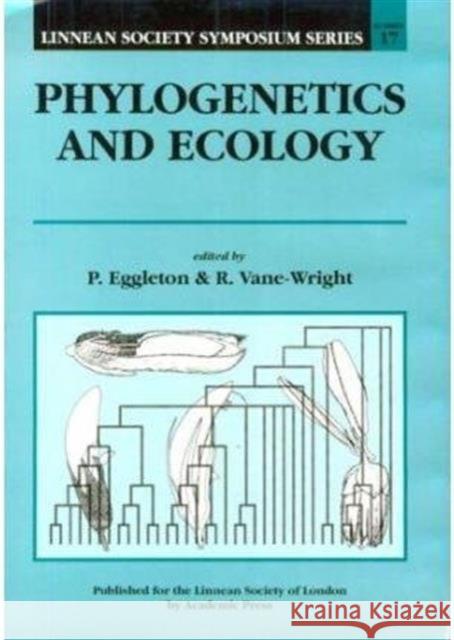Phylogenetics and Ecology: Volume 17 » książka
Phylogenetics and Ecology: Volume 17
ISBN-13: 9780122329906 / Angielski / Twarda / 1994 / 376 str.
The relationship between systematics and ecology has recently been invigorated, and developed a long way from the "old" field of comparative biology. This change has been two-fold. Advances in phylogenetic research have allowed explicit phylogenetic hypotheses to be constructed for a range of different groups of organisms, and ecologists are now more aware that organism traits are influenced by the interaction of past and present. This volume discusses the impact of these modern phylogenetic methods on ecology, especially those using comparative methods.
Although unification of these areas has proved difficult, a number of conclusions can be drawn from the text. These include the need for a "working" bridge between evolutionary biologists using logic-based cladistic methods and those using probability-based statistical methods, for care in the selection of tree types for comparative studies and for systematists to attempt to analyse ecologically important groups.
Comparative ecologists and systematists need to come together to develop these ideas further, but this volume presents a very useful starting point for all those interested in systematics and ecology.











